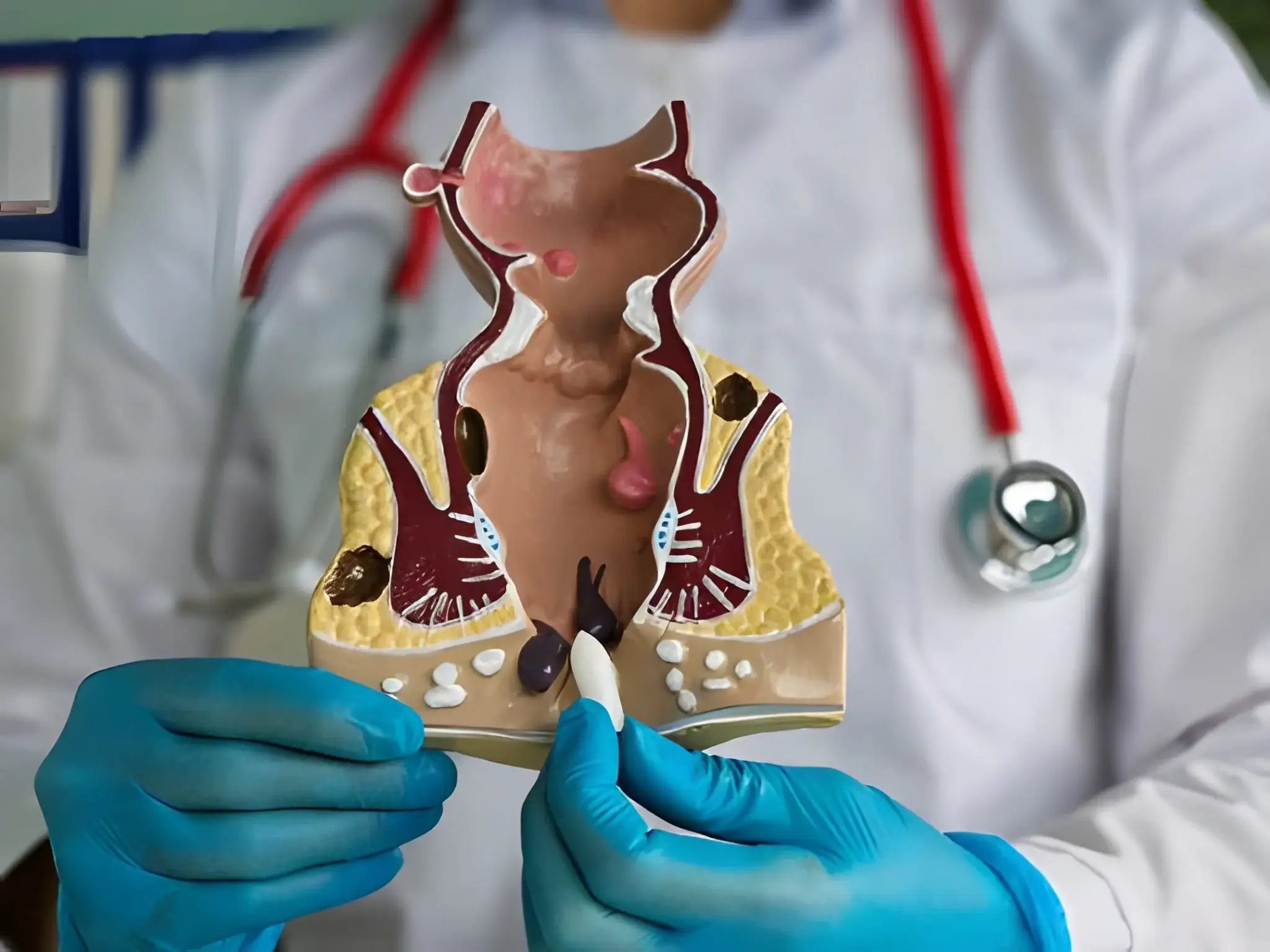Frequently Asked Questions
Rectal bleeding can be caused by hemorrhoids, anal fissures, infections, inflammatory bowel disease, polyps, or colorectal cancer.
It can be serious if persistent, associated with other symptoms like weight loss, abdominal pain, or changes in bowel habits. Medical evaluation is recommended.
Diagnosis may involve physical examination, stool tests, colonoscopy, sigmoidoscopy, or imaging to identify the cause.
Treatment depends on the cause and can include medications, dietary changes, minimally invasive procedures, or surgery for severe cases.
Maintaining a high-fiber diet, staying hydrated, avoiding straining, and regular check-ups can help prevent some causes of rectal bleeding.
Yes, hemorrhoids are a common cause of painless bright red blood on stool or toilet paper.
Persistent rectal bleeding can be a warning sign of colorectal cancer and should be evaluated promptly by a doctor.
Children can experience rectal bleeding from constipation, anal fissures, infections, or rare conditions, and should be evaluated if it persists.
Certain medications, such as blood thinners or NSAIDs, can increase the risk of bleeding in the digestive tract.
Seek immediate care if bleeding is heavy, accompanied by dizziness, severe abdominal pain, or if you pass black or tarry stools.

